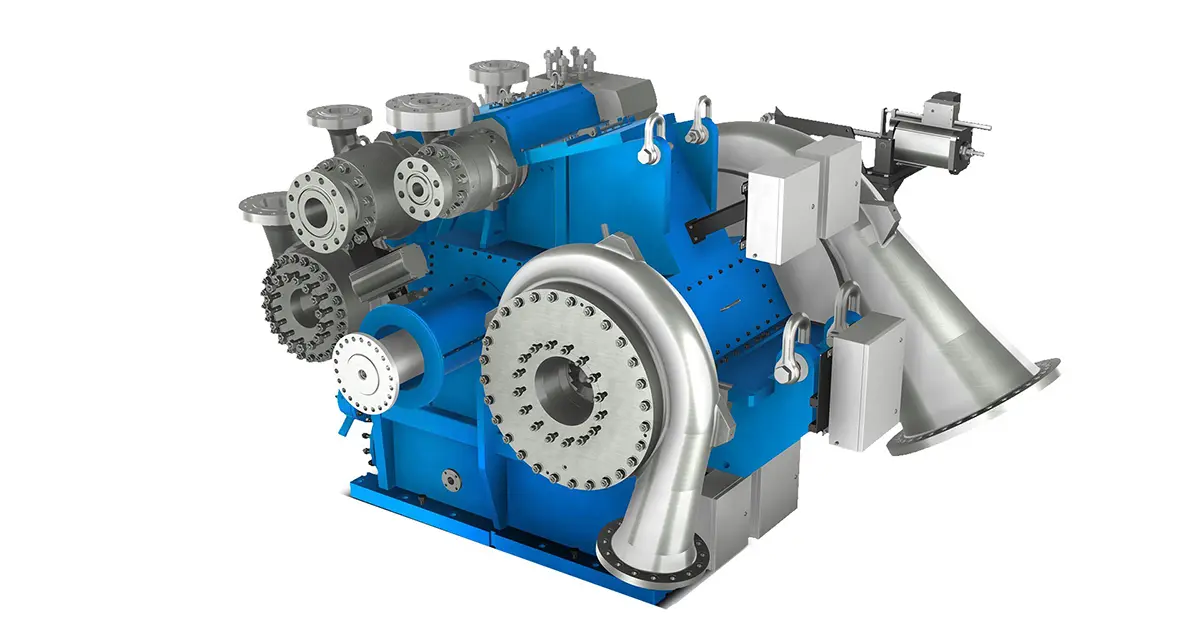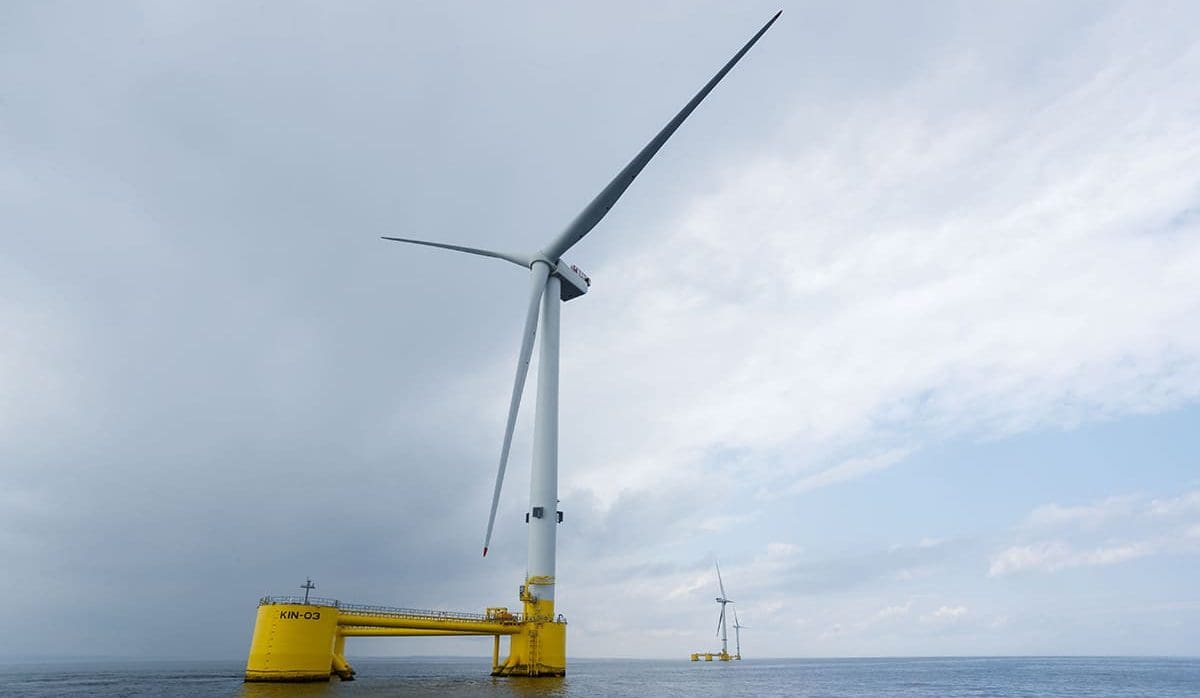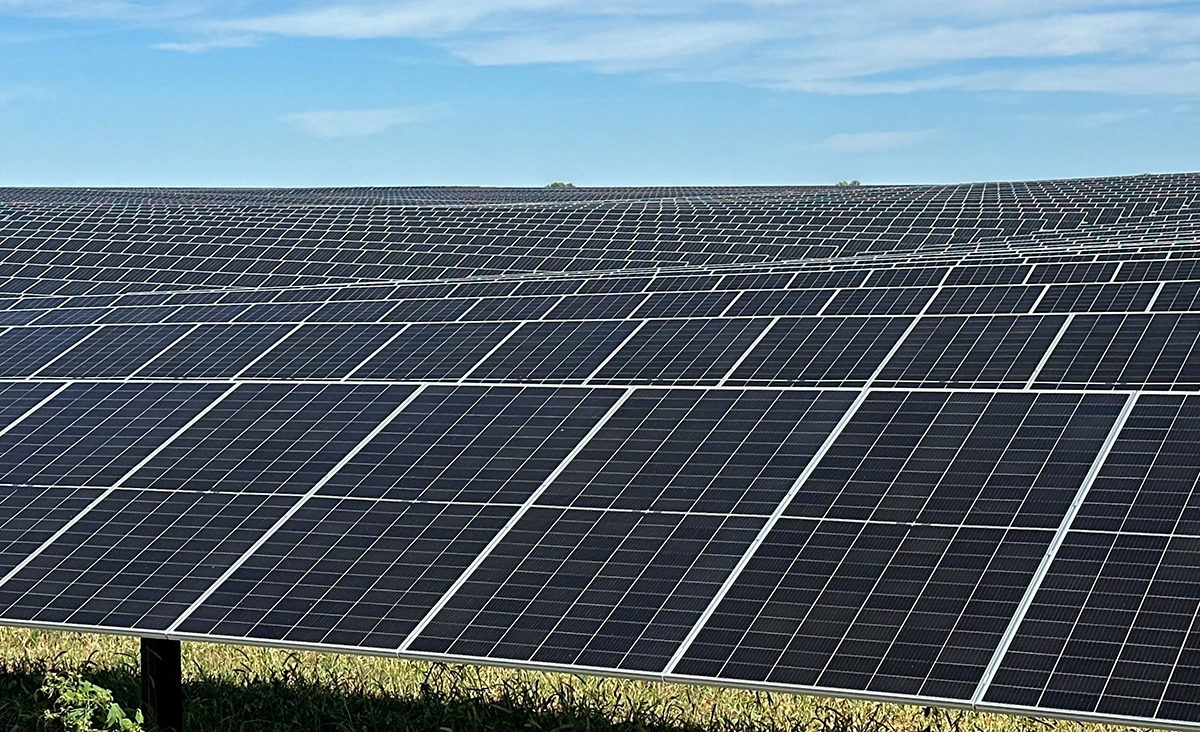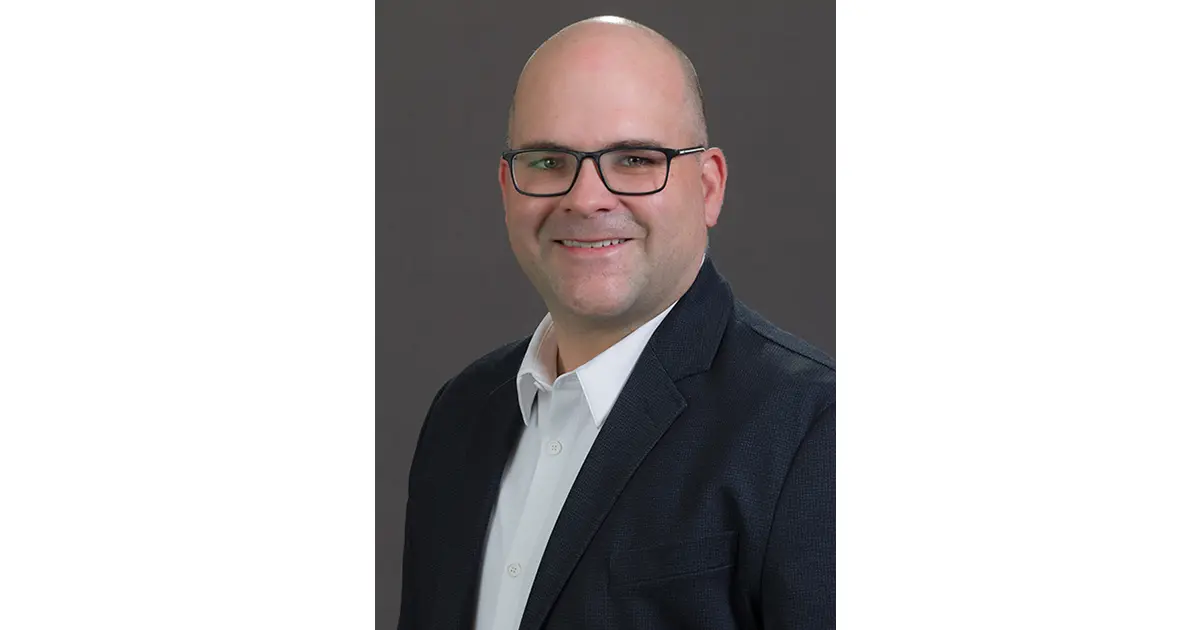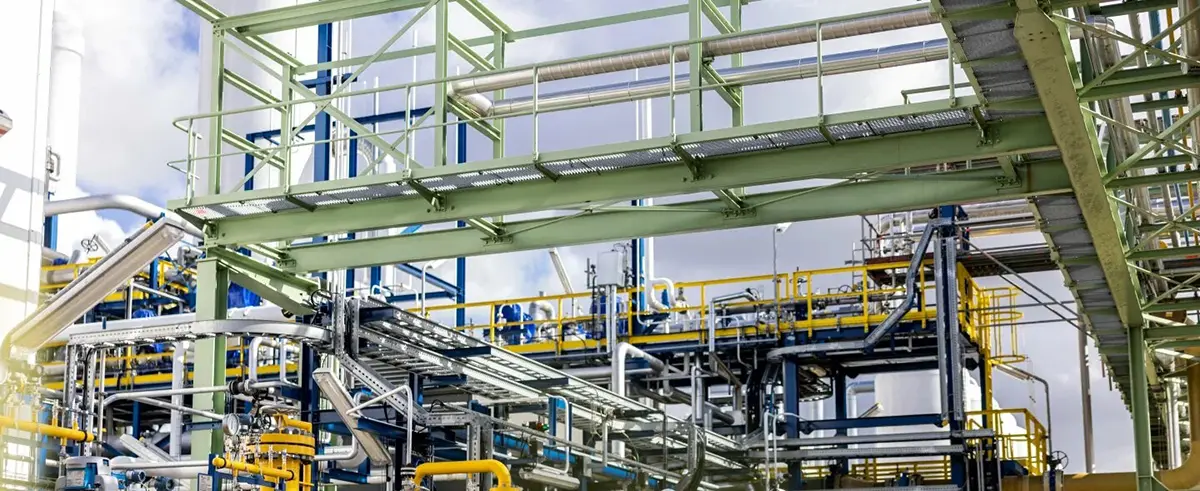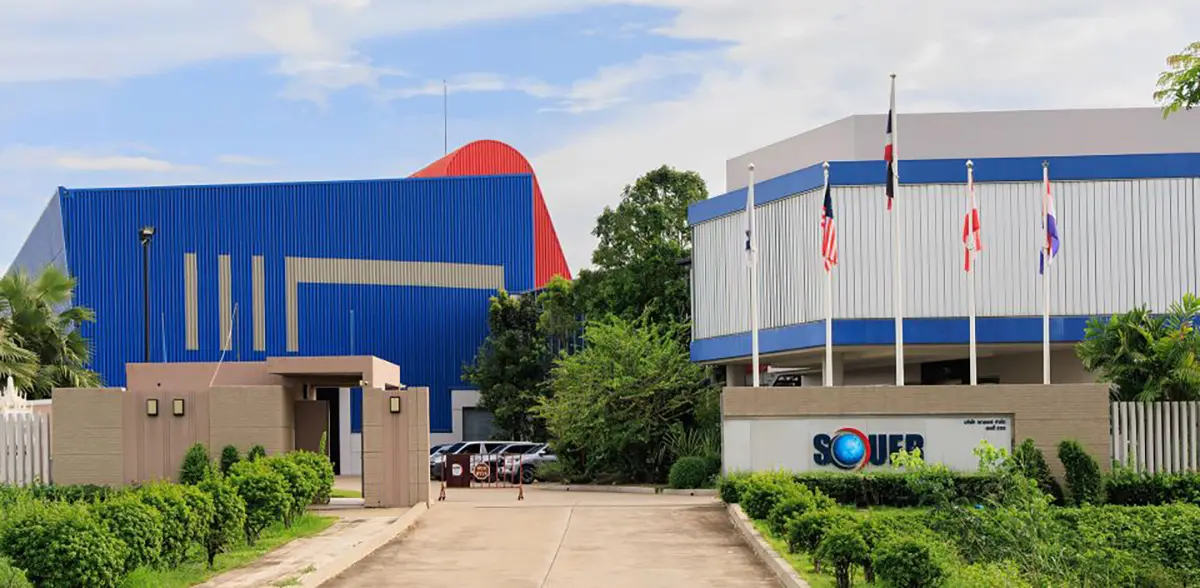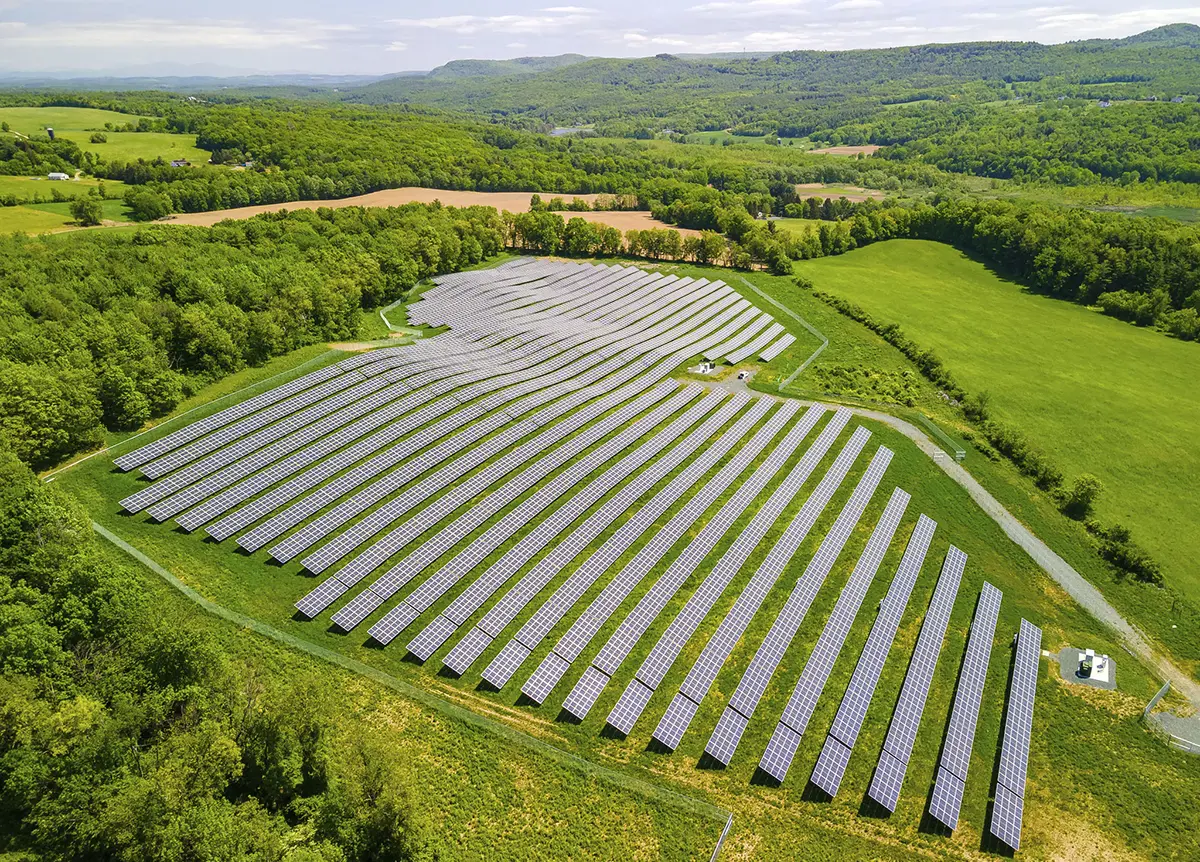
DOE, Others Fund Creation Of US$11.9 Million Academic Center For Reliability And Resilience Of Offshore Wind

The University of Massachusetts Dartmouth (UMass Dartmouth) and a national team of universities, laboratories, and governmental agencies led by the University of Massachusetts Amherst were recently selected by the US Department of Energy (DOE) to create the Academic Center for Reliability and Resilience of Offshore Wind (ARROW). ARROW will work to increase the reliability and equitability of offshore wind energy across the country and provide new opportunities for education and training for the growing offshore wind workforce.
ARROW’s impact on offshore wind energy will occur within three distinct areas. The first will empower a sustainable and extensive expansion of educational opportunities in offshore wind, enhancing the learning experience for thousands of students during the initial five-year period of the center’s operation. Next, research will drive innovation toward an offshore wind system by focusing on infrastructure, atmospheric and oceanic conditions, and marine and human ecology. Finally, the program aims to actively engage a diverse community of stakeholders to ensure an inclusive and equitable deployment of offshore wind solutions.
“Offshore wind can play a major role in decarbonizing the US electric grid, and meeting its potential will require skilled workers to propel us forward,” said Jeff Marootian, principal deputy assistant secretary for energy efficiency and renewable energy. “This consortium will provide timely and relevant training and education to help foster the domestic offshore wind workforce of tomorrow and secure a clean energy future for all Americans.”
The ARROW will help meet the Biden-Harris Administration’s goals of deploying 30 GW of offshore wind energy by 2030, a 100% clean electricity grid by 2035, and net-zero emissions economy-wide by 2050.
“We are excited to join forces with these other prestigious institutions to contribute to research and education that will not only enhance the reliability of offshore wind infrastructure but also seek to develop this in a manner that will ensure the sustainability of our marine resources and habitats and benefit our diverse coastal communities,” said Professor Steve Lohrenz, UMass Dartmouth’s lead on the project.
The UMass Dartmouth team includes researchers and educators with a broad range of expertise in the marine environment, from fisheries to ocean circulation. This initiative will also provide learning and research opportunities for UMassD graduate students.
“We at UMass Amherst and the Wind Energy Center are honored to be recognized by the DOE with this award,” said Sanjay Arwade, professor of civil engineering at UMass Amherst and director of the new center. “With the entire, extraordinary ARROW team we’re excited to build upon 50 years of achievement in wind energy research and education and move the nation toward a clean and renewable energy future.”
ARROW’s US$11.9 million budget will be funded by US$4.75 million over five years from the DOE’s Wind Energy Technologies Office and a matching commitment of US$4.75 million from the Massachusetts Clean Energy Center (MassCEC). Funding was also provided by a US$1 million contribution from the state of Maryland’s Energy Administration in collaboration with Johns Hopkins University and Morgan State University and US$1.4 million from other partner universities, including UMass Dartmouth.
“Massachusetts is leading the way in offshore wind development and innovation, and we are proud to commit US$4.75 million to help build an equitable offshore wind workforce that has the skills to meet the climate challenge. We look forward to our cooperative work with the ARROW team to make the Center a success,” said Dr. Emily Reichert, chief executive officer of the Massachusetts Clean Energy Center.
The ARROW team consists of Clemson University, Morgan State University, Johns Hopkins University, Northeastern University, University of Massachusetts Dartmouth, University of Massachusetts Lowell, University of Puerto Rico at Mayagüez, Argonne National Laboratory, National Renewable Energy Laboratory, the Pacific Northwest National Laboratory, the Massachusetts Clean Energy Center, the Maryland Energy Administration, and more than 20 other partners from community organizations and private industry.


